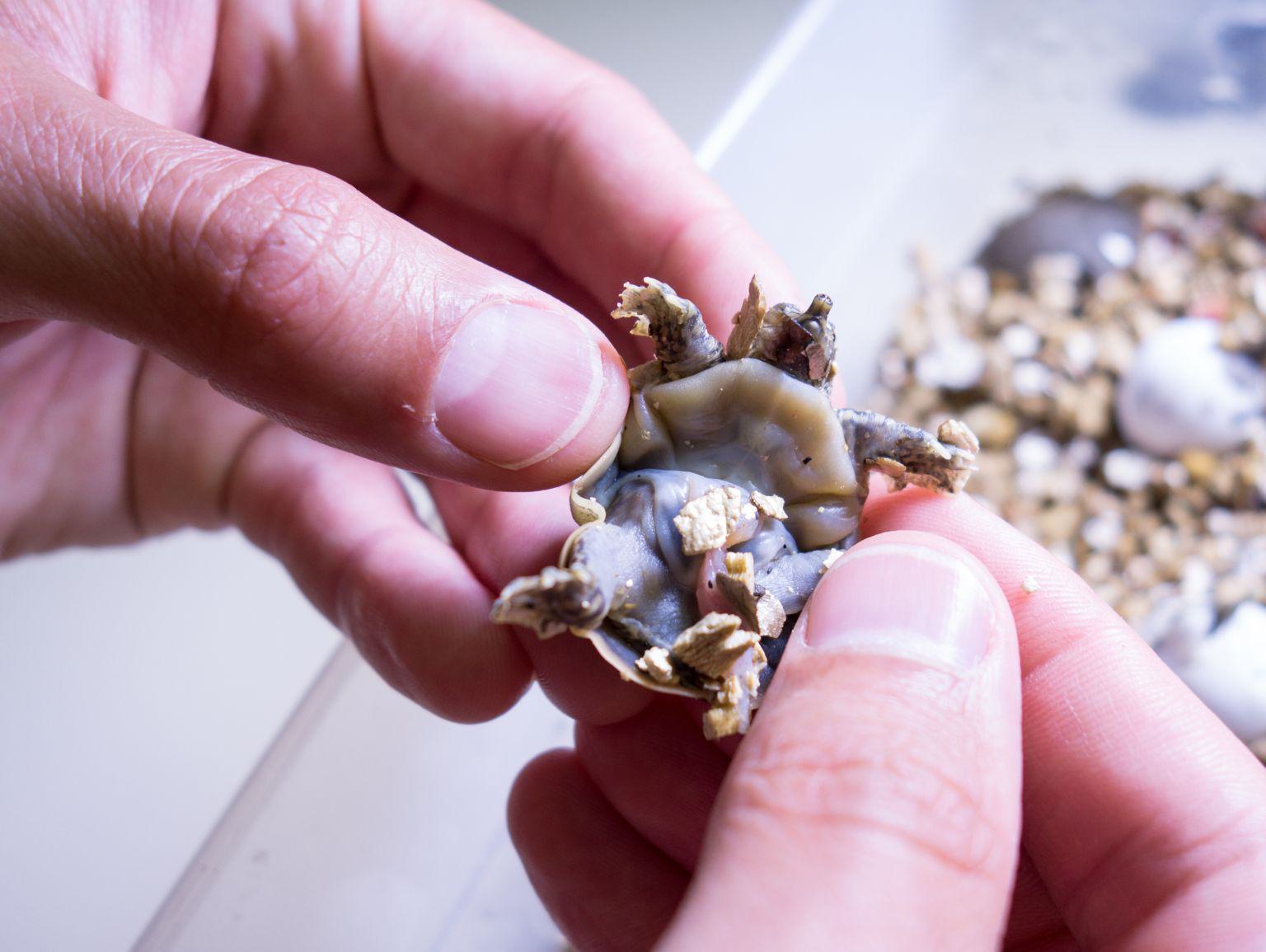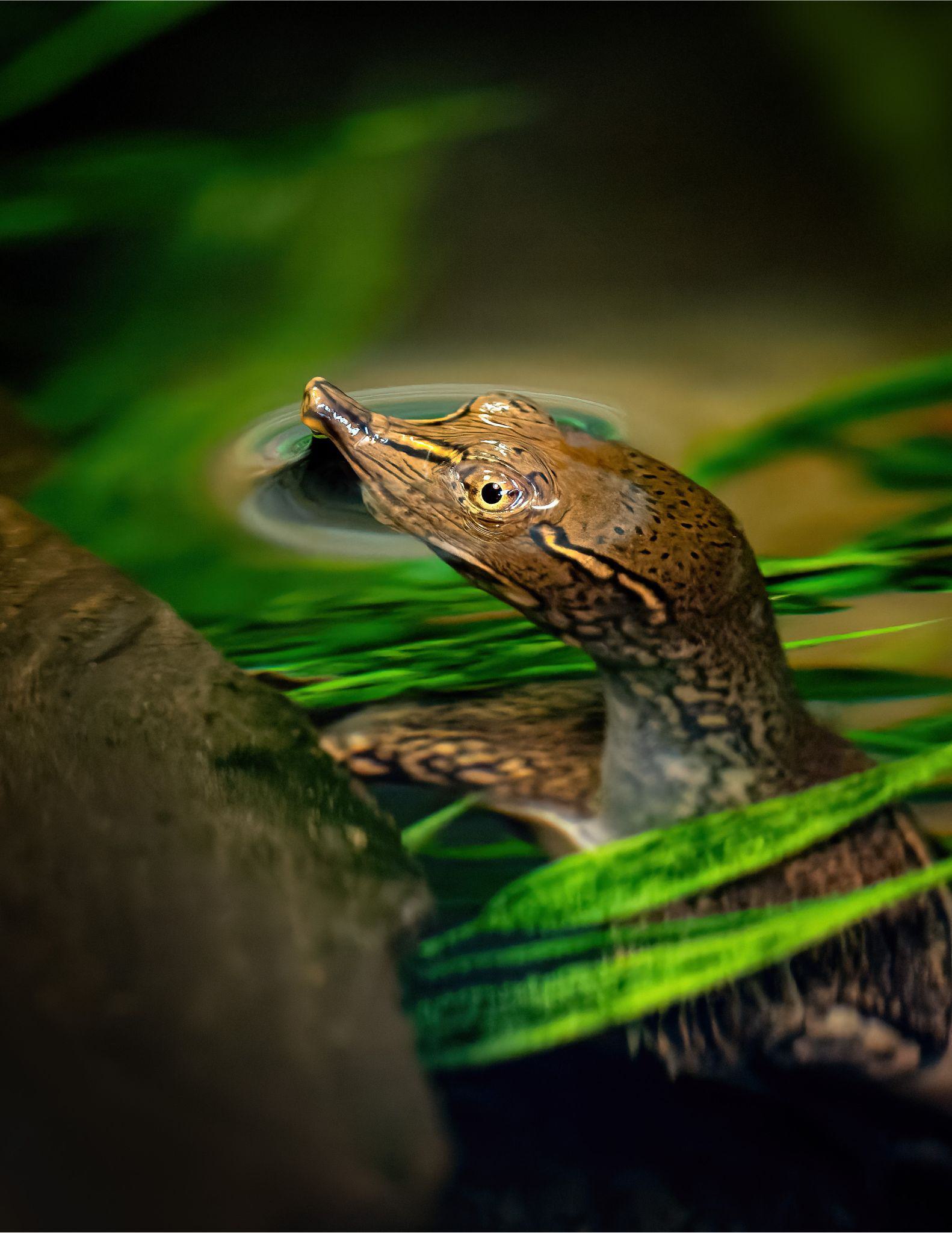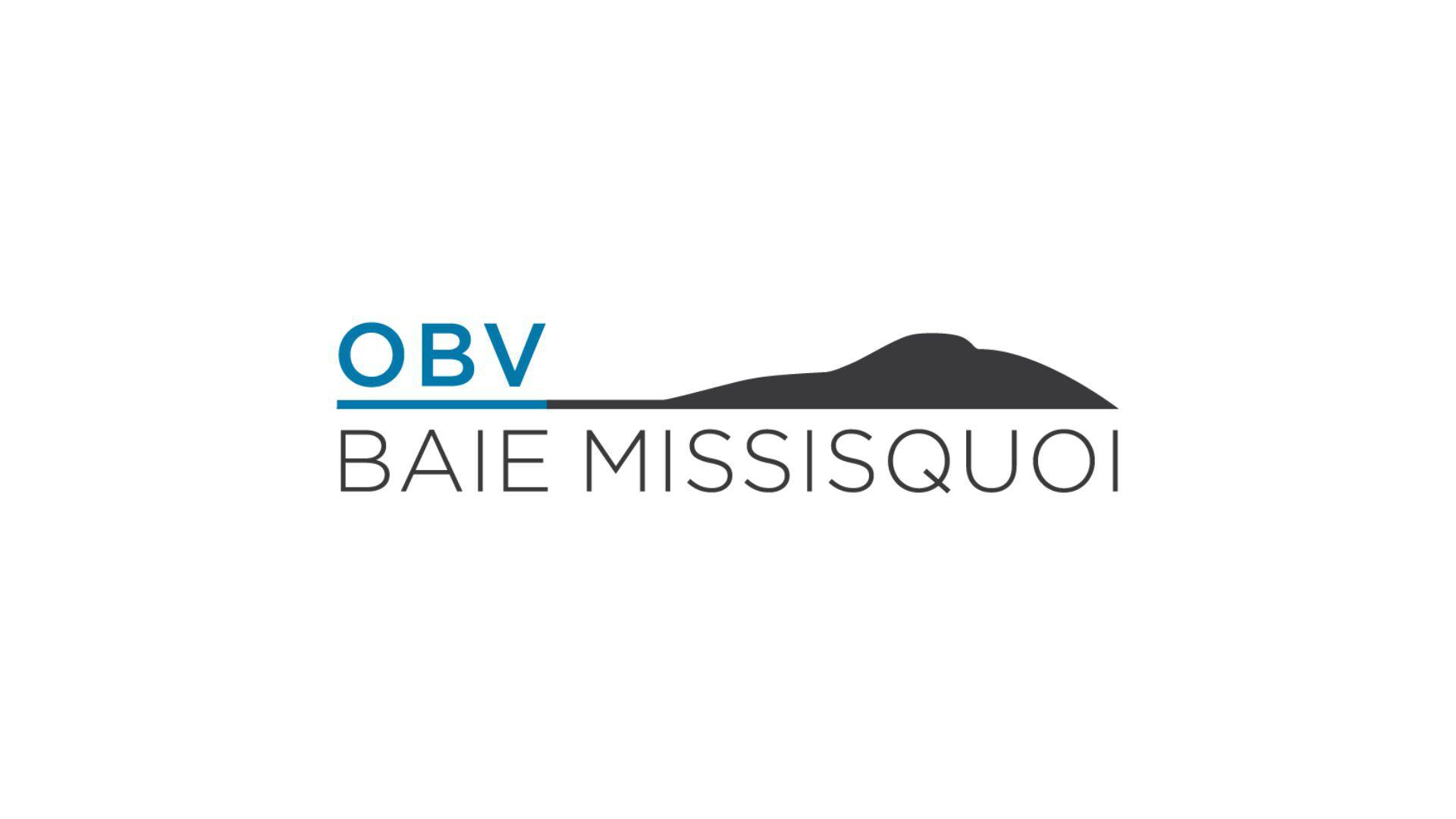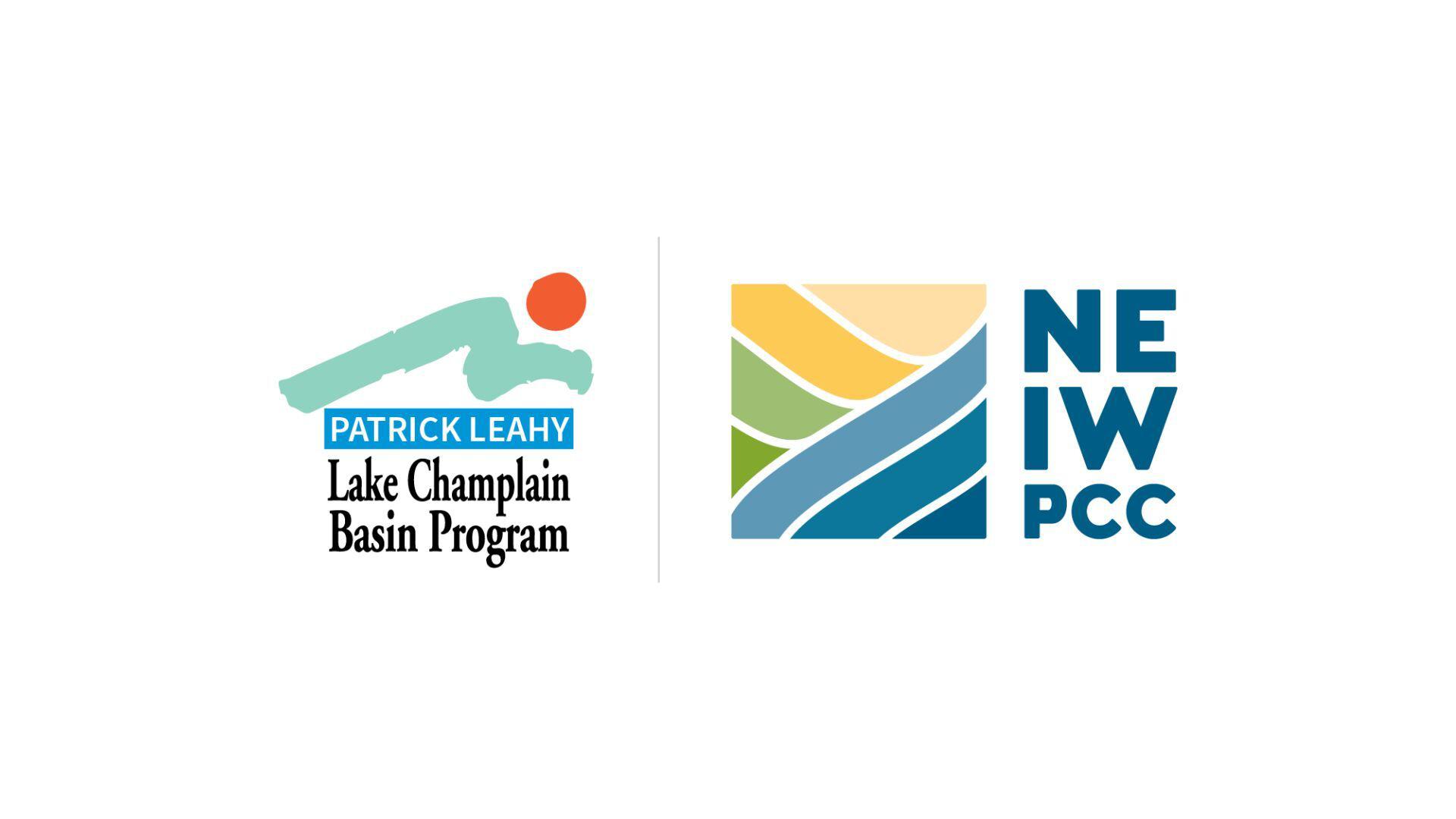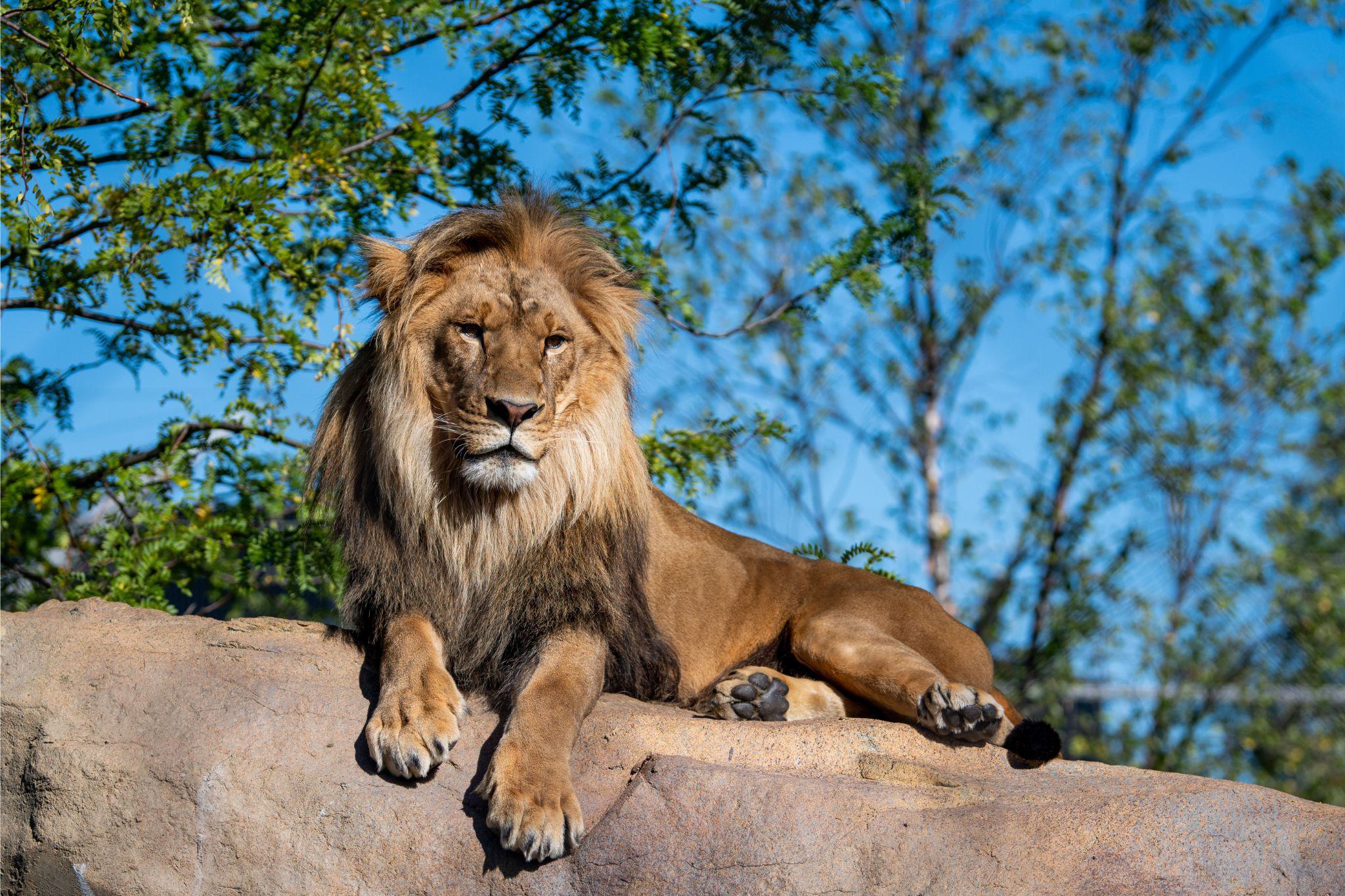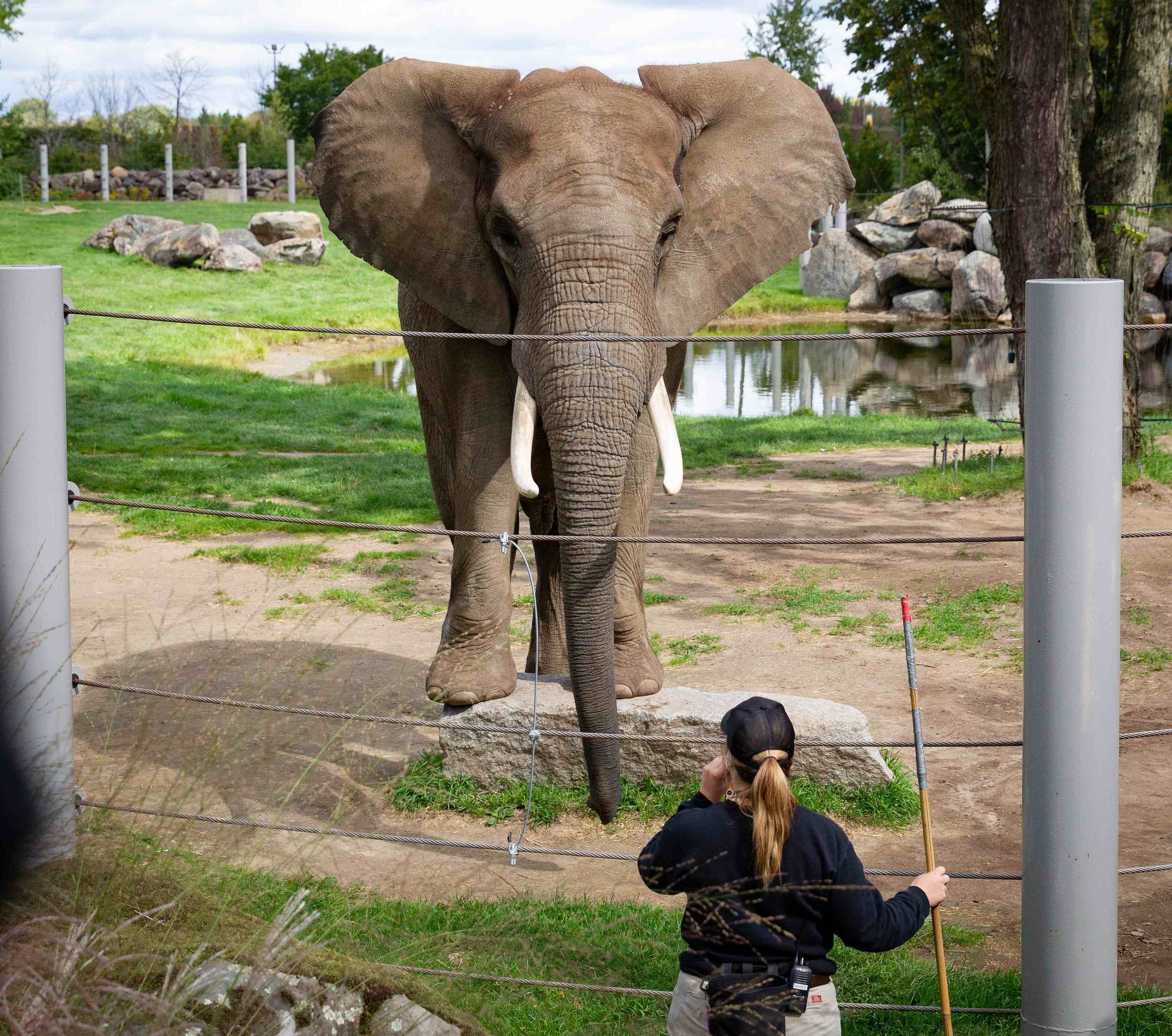Recovery of the spiny softshell turtle in Québec
Making a difference through a sustainable partnership
This large-scale project aims to increase the number of spiny softshell turtles and to study Québec's only viable population (Lake Champlain region, Rivière-aux-Brochets) of this endangered species while raising awareness in the community and with various regional stakeholders.
Vision for the future
Since the start of the egg-laying monitoring program, 2,125 hatchlings have been returned to their natural habitat (data from 2022). A new telemetry season in 2021 has allowed for the tracking of juveniles from the Coup-de-Pouce program between one and two years of age. Various awareness-raising and stewardship activities are also continuing with local residents, farmers and boating enthusiasts, with the aim of protecting this turtle, its habitat and all the species that cohabit in the same environment.
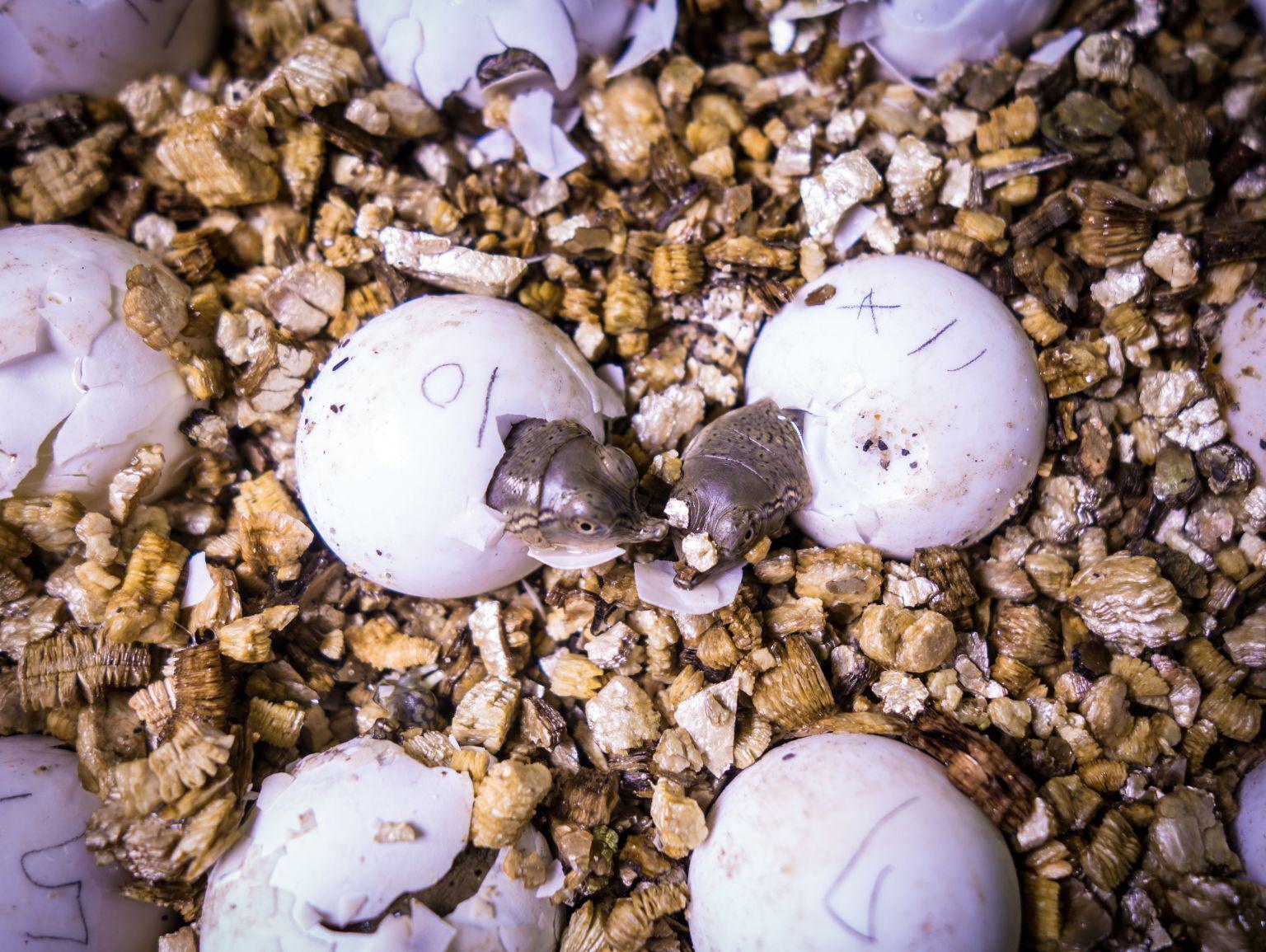
Overview
Conservation Project: Spiny Softshell Turtle
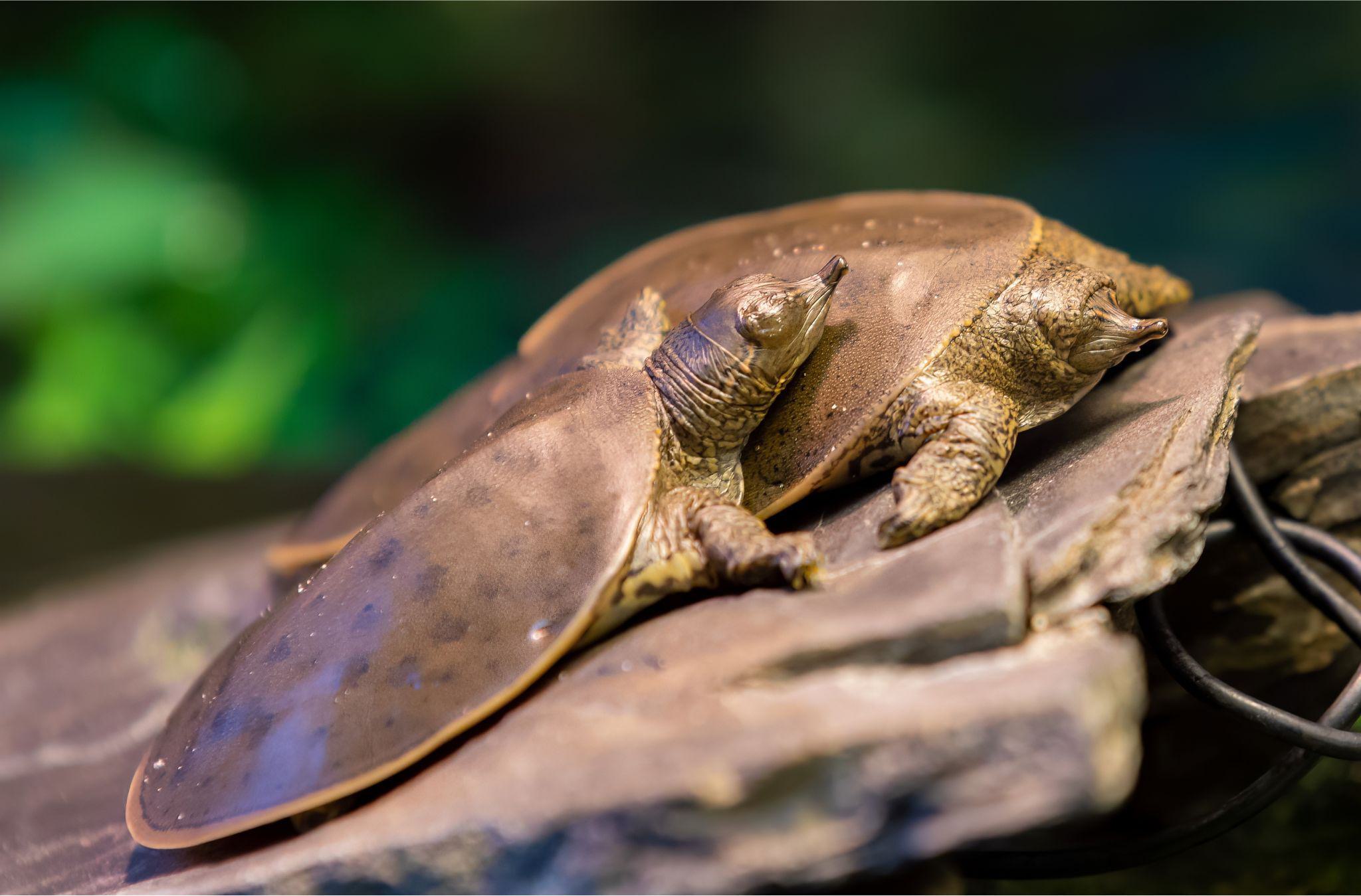
MAY 23 - WORLD TURTLE DAY
Did you know that there are only 7 different species of turtle in Québec, the majority of which are threatened? Learn more about these cold-blooded animals in this educational fact file.
Do your part to protect turtles!
If you see a turtle, report it on Carapace.ca. You'll be helping biologists compile important data about turtle movements so they can develop appropriate protection programs.
